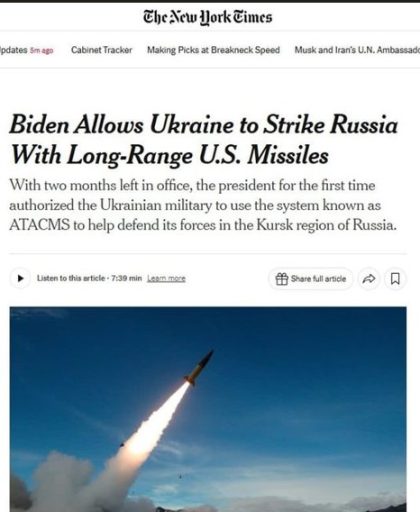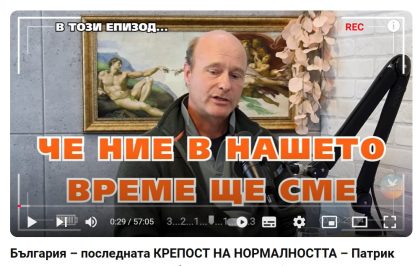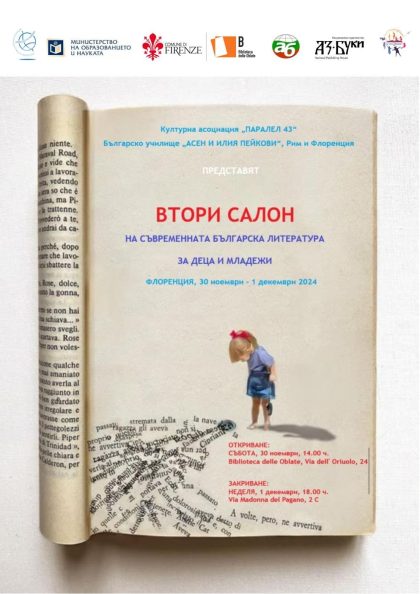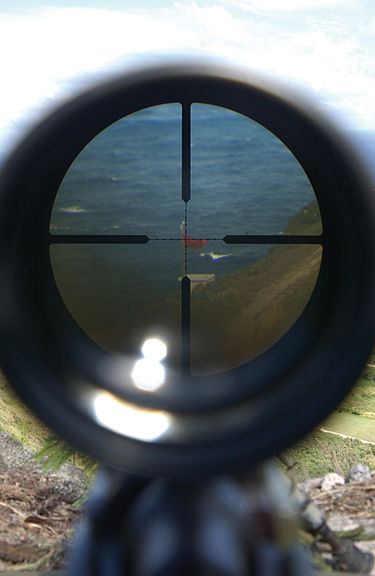 Most member states of the European Union have signed the Anti-Counterfeiting Trade Agreement (ACTA) at a ceremony in Tokyo, Japan on Thursday, Jan. 26.
Most member states of the European Union have signed the Anti-Counterfeiting Trade Agreement (ACTA) at a ceremony in Tokyo, Japan on Thursday, Jan. 26.
ACTA is a global treaty that tries to normalize copyright protection and IP standards. It’s similar to SOPA and PIPA, proposed U.S. laws which have recently been dropped after massive internet protests, but in many ways even more dangerous.
Unfortunately (and unlike SOPA and PIPA), ACTA has been signed by many states without a wide, open public discussion. Australia, Canada, Japan, South Korea, Morocco, New Zealand, Singapore and the United States signed the ACTA on 1 Oct 2011.
As of yesterday, they are joined by Austria, Belgium, Bulgaria, Czech Republic, Denmark, Finland, France, Greece, Hungary, Ireland, Italy, Latvia, Lithuania, Luxemburg, Malta, Poland, Portugal, Romania, Slovenia, Spain, Sweden and the United Kingdom.
Finally, according to a statement by Japan’s foreign affairs Ministry, the EU states which did not sign ACTA yet are “expected to do so on the completion of respective domestic procedures.”
SEE ALSO: ACTA ‘Is More Dangerous Than SOPA’
“ACTA (…) aims to improve enforcement mechanisms to help its members combat IPR infringement more effectively,” said Mr. Hans Dietmar Schweisgut, Ambassador and Head of the Delegation of the European Union to Japan.
Many, however, think that it does so at the expense of internet users’ privacy and freedom. In Poland, thousands of people have taken to the streets, protesting the signing of ACTA. And now, French socialist and member of the European Parliament’s Committee on International Trade Kader Arif has resigned from his position of European rapporteur for ACTA and posted a stern note about the lack of transparency surrounding the signing of ACTA.
“This agreement may have major consequences on the lives of our citizens, and yet everything is done in such a way that the European Parliament has no say on the matter. So today, in submitting this report in my charge, I want to send a strong signal and alert the public about this unacceptable situation. I will not participate in this charade,” he wrote.
The ACTA is not yet in effect. It has to be ratified by the European Parliament this summer. Let’s hope for a healthy, open discussion in the Parliament that will clear air of secrecy surrounding ACTA and result in a decision that’s best for the citizens and internet users all over the world.
Stan Schroeder,
Mashable.com






